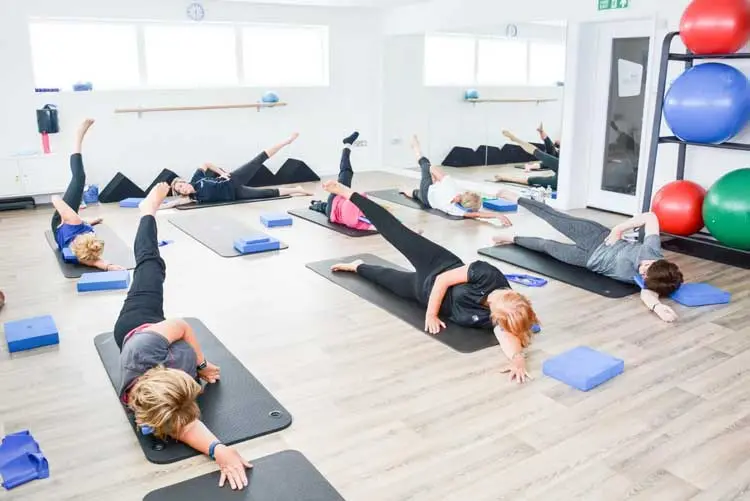If you’ve ever experienced dizziness, you know how awful it can be. It can have an impact on everything you do and become very distressing, frustrating and limiting.
There can be many reasons why you might experience dizziness and nausea. Some of these may be medical and need medication, specialist tests and interventions.
However, there is a particularly common cause of dizziness that is very easily treated with physiotherapy.
That condition is benign paroxysmal positional vertigo or BPPV for short.
What is BPPV?
Benign paroxysmal positional vertigo (referred to as BPPV for the rest of this article) is a condition related to the inner ear.
The ear has small organs that can sense the movement of crystals within them. This gives you the ability to sense your heads position related to gravity. Connected to these organs are small canals which are lined with fine hair-like sensors that feel for movement of fluid within the canal. This allows us to monitor the rotation or twisting of our head.
BPPV occurs when the crystals contained within the organs become dislodged and make their way into the canals. This makes the canals sensitive to movements that would they would not normally be sensitive to.
This can result in the following symptoms:
- Dizziness
- Vertigo (feeling like the room is spinning)
- A loss of balance and unsteadiness
- Nausea
- Vomiting
How do I know if I have BPPV?
The following are some of the general pattern of the above symptoms that you might expect with BPPV:
- Brought on by a change in position of your head
- Can take up to 20 seconds to start after movement of head
- Last up to 1 minute at a time before settling
- Possible issues with balance when walking or standing
If you have any of the following symptoms then it is unlikely that you have BPPV and go should see your GP for further investigation:
- Severe Headache
- Hearing loss
- Slurred Speech
- Weakness of your arms of legs.
- Loss of vision or double vision.
- Fever
- Pins and needles or numbness
- Loss of consciousness
How can physiotherapy help BPPV?
Our physiotherapists at goPhysio are able to treat BPPV using a specialist technique called the Epley manoeuvre.
Before carrying out the procedure, on of our physiotherapists will carry out a test called the Dix-Hallpike Manoeuvre. This is used to distinguish if your dizziness is caused by BPPV and if so, which ear is affected. (BPPV tends to affect one ear rather than both).
The test is a simple movement where you move from a seated position on the plinth to laying on your back whilst your therapist will support and guide your head to one side. The therapist will look to see if your symptoms are reproduced as well as looking out to see if your eyes begin to flicker (nystagmus). This would indicate BPPV as the likely cause of your symptoms. If it is found to be the cause of your symptoms, then we can use a simple treatment technique called The Epley Manoeuvre.
What is the Epley manoeuvre?
The Epley manoeuvre is a series of movements of your head, guided by the therapist. The result of the Dix-Hallpike Manoeuvre determines which ear the Epley Manoeuvre is aimed at treating. Each position is performed laying or sitting on the treatment couch. These positions are then held for 30 seconds or until your symptoms settle, before moving onto the next. The Epley Manoeuvre generally takes less than 5 minutes to perform once started and is fully guided by the physiotherapist.
The precise series of movements of your head utilise gravity and the shape of the canals to move the crystals. With each movement the crystals move along to the next part of the canal until they move back into the organs that they are normally contained within.
How many sessions of physio will I need?
We have seen some fantastic results of patients report their symptoms have fully settled after one session. However it can take up to 3 session for symptoms to fully resolve as some crystals may not make back to the organs within the first couple of attempts.
If you think you might have BPPV and you would like to speak to one of our physiotherapists, or if you have any other question then please call into the clinic on 023 8025 3317.



